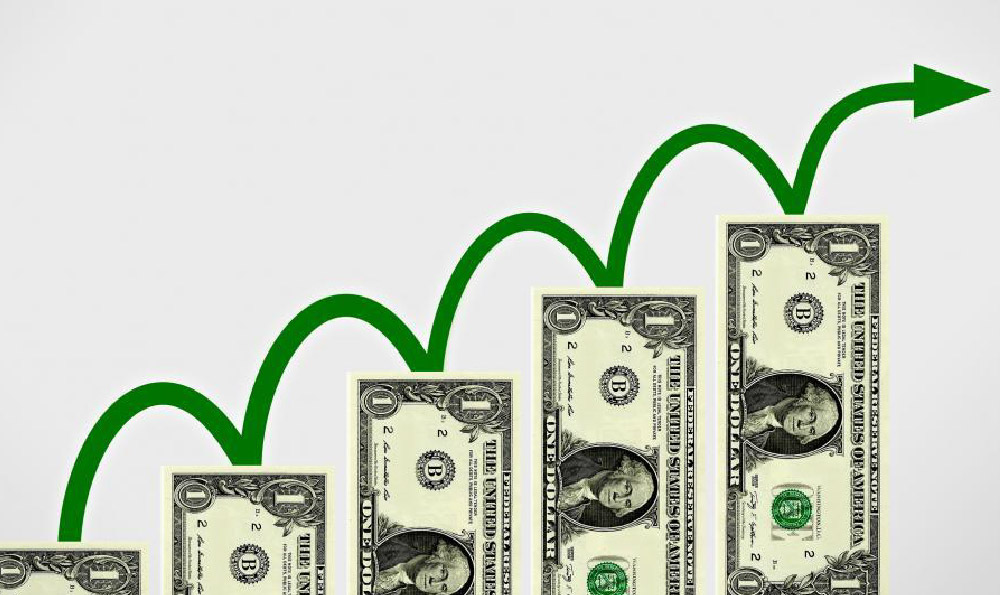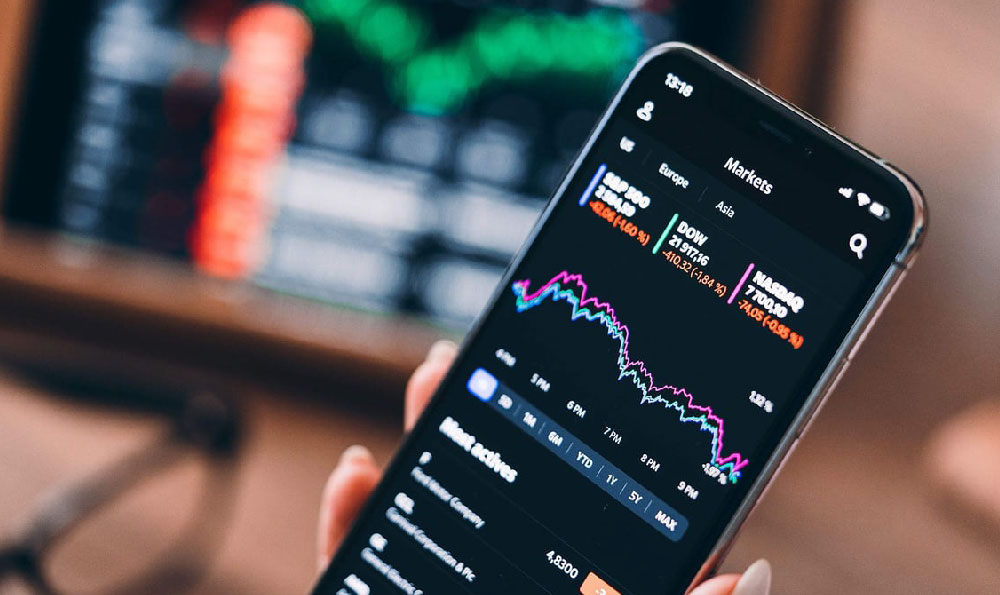It's crucial to address any potential misconceptions or biases surrounding Kyle Rittenhouse and focus solely on factual information related to his income and finances. Discussing this topic necessitates objectivity and sensitivity, avoiding any inflammatory or speculative statements. Instead, we'll focus on what is publicly known and verifiable regarding his potential income sources.
Kyle Rittenhouse's financial situation became a matter of public interest primarily due to the legal proceedings he faced following the events in Kenosha, Wisconsin, in August 2020. Understanding his income sources before and after these events requires examining several potential avenues, some more speculative than others.
Before the events in Kenosha, Rittenhouse was a teenager, and his primary sources of income would have likely been limited. Typical teenage income streams include part-time jobs, allowances from family members, or occasional earnings from odd jobs. It's reported that Rittenhouse worked as a lifeguard and held other part-time positions. These jobs would have provided him with a modest income, consistent with the earnings of a young person entering the workforce. The exact amount earned from these positions is not publicly documented, making it difficult to quantify his pre-Kenosha income precisely.

A significant shift in Rittenhouse's financial landscape occurred following the events in Kenosha. The legal defense required for his trial incurred substantial costs. To cover these expenses, his supporters established various fundraising campaigns. These efforts included online crowdfunding platforms and other direct donation channels. The precise total amount raised through these campaigns remains somewhat opaque, but it's safe to say that it reached a considerable sum, likely exceeding hundreds of thousands of dollars, if not millions.
It's important to distinguish between funds raised for his legal defense and personal income. Funds designated for legal expenses are typically managed by legal teams and used to cover attorney fees, expert witness costs, investigation expenses, and other related legal expenditures. While these funds indirectly benefit the defendant by enabling them to mount a robust defense, they are not considered personal income. The disposition of any remaining funds after the legal proceedings concluded would be subject to legal and ethical considerations, and the specific details of that disposition are not publicly available.
After his acquittal, Rittenhouse's public profile remained elevated, leading to various opportunities that could potentially generate income. These opportunities include public appearances, interviews, and speaking engagements. Individuals with high public profiles, particularly those involved in controversial events, often command significant fees for such engagements. It's plausible that Rittenhouse received compensation for his appearances and interviews, though the specific amounts are generally kept confidential.
Furthermore, there have been reports and speculation about Rittenhouse potentially pursuing other ventures, such as writing a book or launching a media platform. These ventures could generate revenue through royalties, advertising, or subscriptions, depending on their success. However, it's important to acknowledge that these remain speculative unless officially confirmed and documented. The actual income derived from these potential ventures, if any, is unknown.
Another area of potential income stems from merchandise sales. Individuals with a strong public following, regardless of the nature of their fame, often capitalize on their visibility by selling branded merchandise, such as clothing, accessories, or other items. The revenue generated from merchandise sales can be substantial, depending on the demand and pricing strategy. Whether Rittenhouse engaged in such activities and the resulting income, if any, is not definitively known.
It is also essential to consider the potential for investment income. If Rittenhouse received a significant sum of money through fundraising or other means, he may have chosen to invest a portion of those funds. Investment income can take various forms, including dividends from stocks, interest from bonds, or capital gains from the sale of assets. However, the specifics of any investment activities and the resulting income are not publicly available.
Finally, it's crucial to address the issue of potential legal liabilities. While Rittenhouse was acquitted in the criminal trial, he faced civil lawsuits related to the events in Kenosha. These lawsuits could potentially result in financial settlements or judgments against him. If such settlements or judgments were awarded, it would impact his overall financial situation. The details of any civil settlements or judgments are typically confidential, making it difficult to assess their impact.
In summary, Kyle Rittenhouse's income sources likely evolved significantly over time. Before the events in Kenosha, his income was probably limited to modest earnings from part-time jobs. After the events, fundraising efforts for his legal defense generated a substantial sum of money, although these funds were primarily earmarked for legal expenses. Subsequently, he may have received income from public appearances, interviews, or other ventures. However, the specific amounts earned from these various sources remain largely unknown. It's essential to rely on verifiable information and avoid speculation when discussing his financial situation. Any analysis must consider the potential for legal liabilities and the complexities of managing funds raised for specific purposes. Without access to private financial records, it is impossible to provide a comprehensive and definitive account of his income sources. The information presented here is based on publicly available reports and reasonable inferences, recognizing the limitations of the available data.












